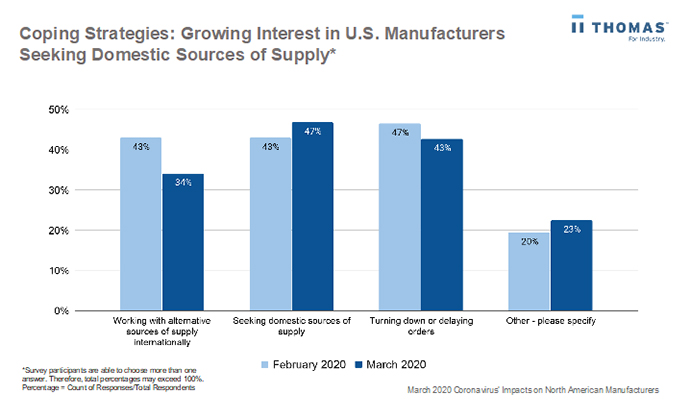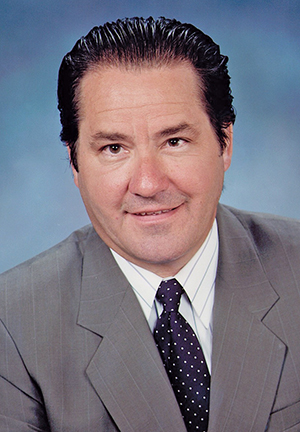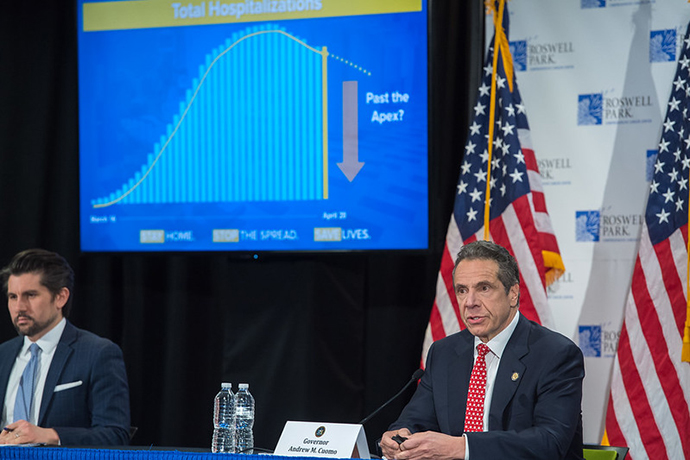- Over extended and overly risky supply chains are no longer tolerable. Coronavirus is providing new and forceful momentum for the reshoring of manufacturing investment back to the U.S. from China and elsewhere. Our nation’s medical devices and biopharma sector — now dangerously concentrated in China — must be the first in line to disinvest there and reinvest back here in the States. Currently, less than 30% of active pharmaceutical ingredient (API) -producing facilities are in the U.S. – while the number of Chinese facilities has more than doubled since 2010. The recent bipartisan bill introduced by Senator Blackburn (R-Tennessee) and Senator Menendez (D-New Jersey) to increase U.S. drug production underscores this dangerous state of affairs.
- Remote working was already a trend, especially with our tech clients, before COVID-19. It will accelerate greatly and have a significant impact on the commercial real estate industry. Currently, many North American offices average less than 150 sq. ft. per worker. That number is down significantly from figures as high as 325 sq. ft. per worker when our site selection firm began in 1975 and 200 sq. ft. a decade ago.
- The weakened economy will put a premium on cost efficiencies in the site selection process and favor lower-cost/lower-taxing states with positive state business climates. Improving the bottom line on the cost side of the ledger, rather than the revenue side, will be far easier for site-seeking companies for the foreseeable future.
- Unheard-of low interest rates and an over-abundance of job seekers eager to go back to work will kickstart many site selection projects that have been put on hold prior to and during COVID-19.
- Expect a New Deal-like COVID-19 infrastructure bill. President Trump, comfortable playing the role as the nation’s economic developer-in-chief (witness Foxconn announcement at the White House, shaming companies that outsource jobs) has an opportunity to make the most significant investments in our nation’s infrastructure (roads, bridges, airports, ports, etc.) since the New Deal. Our New York City-based clients are especially excited about renewed prospects for a third tunnel under the Hudson River into Manhattan.
- When the smoke begins to clear, cities and states will be turning to big budget Madison Avenue marketing techniques to distinguish themselves in the battle for new industry and jobs. Politicians on both sides of the aisle will be running on the platform of jobs and a swift COVID-19 economic comeback. Economic development agencies and their foot soldiers will be funded by huge, new war chests for their business attraction campaigns. Incentives will remain robust as companies will have the upper hand and play the need card like never before.
- Expect a resurgence of relocations to more rural and suburban markets as major urban centers have become epicenters for COVID-19. The remote workforce trend, sophisticated telecommunications techniques and the rise of new suburban mixed-use planned communities offering an urban feel and commercial office space will all provide momentum for this trend.
- Some of the nation’s most prized commercial real estate will be the many millions of square feet of retail space that will not be coming back after COVID-19. Developers will be quick to repurpose top retail sites due to advantages like cost, open architecture, parking, signage, visibility and highway access.
- Retail clerks that are keeping open businesses which are declared essential during the COVID-19 crisis — like supermarkets, pharmacies, gas stations, delivery firms and take-out fast food restaurants — will be a new force in the movement for a living wage and more generous social service policies. These workers are already being characterized by the media and general public as first responders putting their lives at risk for the good of all.
- States hardest hit by COVID-19 will have unprecedented budget deficits and the need for new revenue sources. This will lead to calls for tax hikes, toll increases, federal bailouts and municipal bankruptcies, but also provide momentum for new market-based revenue streams like sports betting (already legal in 21 states and in Washington, D.C.) and recreational marijuana (currently legal in 11 states).


About the Boyd Company
Founded in 1975 in Princeton, NJ, Boyd provides independent site selection counsel to leading U.S. and overseas corporations. www.theboydcompany.com
